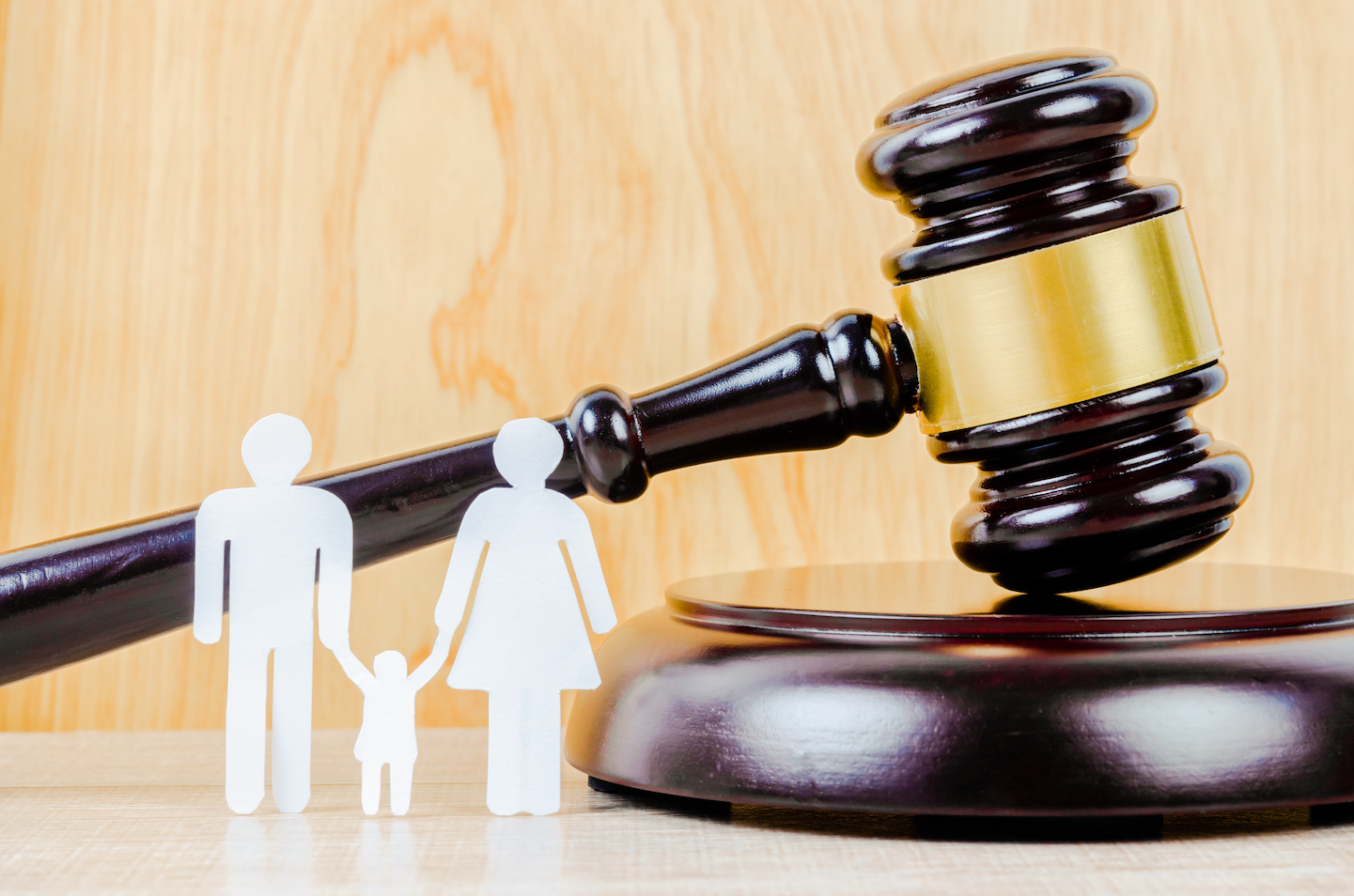A recent ruling by the Alabama Supreme Court is making headlines – and making people pursuing fertility treatment rightfully nervous. This ruling is the first to define embryos as “children,” and it has the potential to complicate medical liability in the field of IVF. Our Nevada IVF center hopes to ease patients’ minds by explaining the ruling, why its impact is limited to the state of Alabama, and what our patients can expect going forward.
What the ruling means for fertility patients and clinics in Alabama
The Alabama Supreme Court ruling came about due to two wrongful death court cases about an incident in which three families’ embryos were destroyed, when a patient entered a cryopreservation storage area and removed embryos from a storage tank.
The Alabama Supreme Court had already ruled that fetuses killed in pregnancy are covered under Alabama’s Wrongful Death of a Minor Act, which allows parents to sue for the death of a minor. The new court opinion states that there is nothing that excludes “extrauterine children” from the Act’s coverage. In other words, the Act applies to all “children,” regardless of where they are located – inside or outside of a woman’s uterus.
This decision means that frozen embryos in Alabama are currently considered “children” under state law. While it’s too soon to predict the full impact of this ruling, many experts are concerned that it opens the door to extensive liability for fertility specialists and IVF services providers, and that as a result, these providers could stop providing IVF services in Alabama. In fact, in the days following the ruling it was announced that the University of Alabama at Birmingham Health System has paused their IVF services in light of the decision.
What does this mean for IVF in Nevada?
This ruling does not affect IVF providers in other states, including Nevada, which is one of the most IVF-friendly states in the nation. Our state’s laws allow IVF providers to transfer, store or discard embryos according to each patient’s wishes, and we have reason to expect that this standard will continue into the future.
In Nevada, abortion remains legal up to the 24th week of pregnancy, and after 24 weeks if the mother’s life is at risk. Because the right to abortion is protected here, we do not anticipate legal challenges in our state regarding the personhood of frozen embryos. Nevada is also one of the most surrogacy-friendly states, with laws that allow all hopeful parents (single, married, straight or LGBTQIA+) to be listed on the baby’s birth certificate.
Patients can trust that their embryos are safe and secure when working with us. Our fertility center stores patients’ embryos in one of the nation’s most secure cryostorage facilities dedicated to eggs, sperm and embryos, which is designed with redundant security and safety features to protect all specimens. Patients of FCLV can also select to perform genetic testing of embryos to detect chromosomal or genetic abnormalities in embryos before pregnancy, increasing the chances of pregnancy success and reducing miscarriage risk.
What’s next?
We are working closely with our colleagues at the American Society for Reproductive Medicine and RESOLVE to monitor the impact of this Alabama Supreme Court case, and we will never stop fighting to protect the reproductive rights of all men and women.
We welcome patients from across the United States and the world who are seeking peace of mind on their IVF journeys. It would be our honor to welcome you to explore IVF with us in the safe state of Nevada, where we offer stringent ethical and security protections for all patients, along with high IVF success rates.








